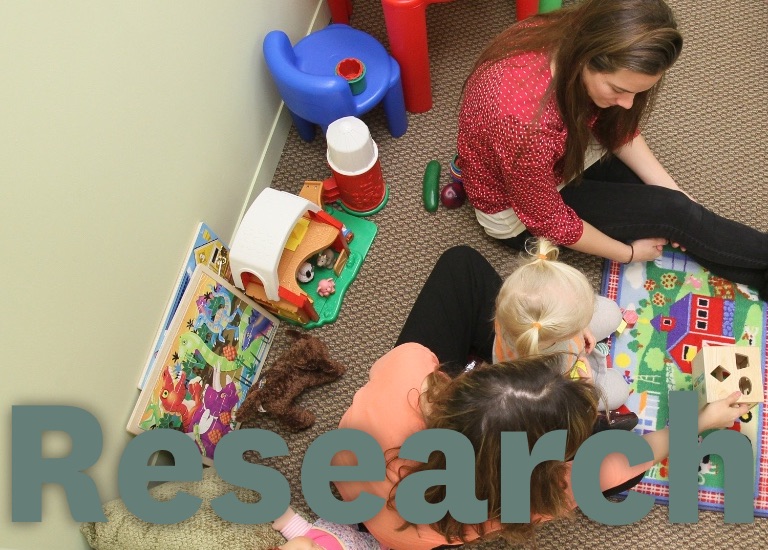About Our Research
Research Faculty
Grace Baranek PhD, OTR/L, FAOTA
Associate Dean, Chair, and Mrs. T.H. Chan Professor of Occupational Science and Occupational Therapy
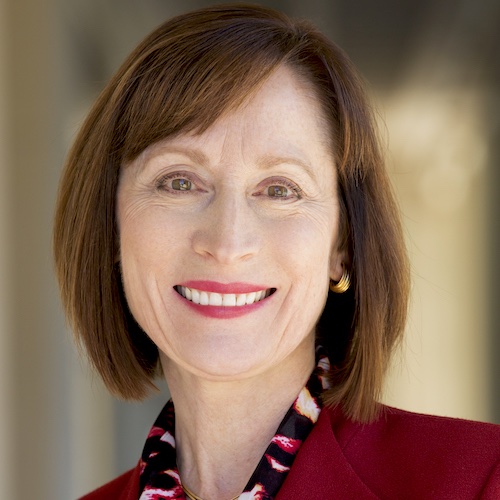

Dr. Grace Baranek’s research focuses on identification of behavioral and neurophysiological risk markers in children with autism spectrum disorder (ASD) and related neurodevelopmental disorders. She has developed numerous clinical measures, including the First Years Inventory and the Sensory Experiences Questionnaire. As a Principal Investigator (PI) of the Parents and Infants Engaged (PIE) project funded by NICHD, she is developing a novel intervention to promote caregivers’ awareness and responsiveness to their infant’s sensory reactivity and social-communication in everyday life. During her career, Dr. Baranek has served as the PI or Co-PI of multiple extramural grants funded by federal agencies and private foundations and is the author of more than 90 peer-reviewed papers. She has been a member of working groups of the National Academy of Science and the National Institutes of Health to establish guidelines for evidence-based practices and has served as a technical expert for the Agency for Healthcare Research and Quality Committee on comparative effectiveness of interventions targeting sensory challenges in children with ASD. As the director of the Innovations in Neurodevelopmental Sensory Processing Research (insp!re) Laboratory, she leads a dynamic multidisciplinary team of collaborators, students, and postdoctoral fellows, all of whom are dedicated to promoting optimal engagement and development for young children with neurodevelopmental differences.
⋯
Joy Agner PhD, OTR/L
Assistant Professor
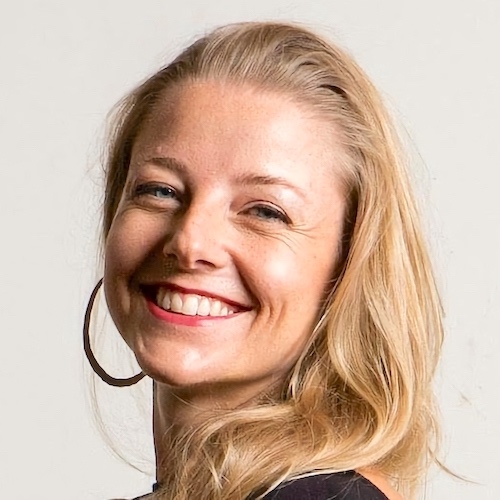
Dr. Joy Agner is an occupational therapist and director of the Health Equity Action Lab (HEAL). Dr. Agner received her master’s degree in occupational science and therapy from the University of North Carolina at Chapel Hill, and her PhD degree in Community and Cultural Psychology from the University of Hawai ́i at Mānoa. For her postdoctoral work, Dr. Agner directed a project evaluating six initiatives within Hawai ́i’s Medicaid system (MedQUEST) meant to improve services for individuals with complex, co-occurring systemic and individual health vulnerabilities. She continues this work and collaboration as a faculty affiliate at the University of Hawai ́i Social Science Research Institute. Dr. Agner’s passion for social justice through health systems research has resulted in numerous awards. She is a Rehabilitation Research Career Development K12 Scholar, a Fulbright Scholar, and a Ford Family Foundation Scholar. Dr. Agner has a strong publication record and has presented at more than 30 conferences nationally and internationally. She deeply enjoys mentoring and mentorship, which has been key to her own success as a first-generation college student from a small logging and fishing community in Oregon.
⋯
Rebecca Aldrich PhD, OTR/L
Professor of Clinical Occupational Therapy
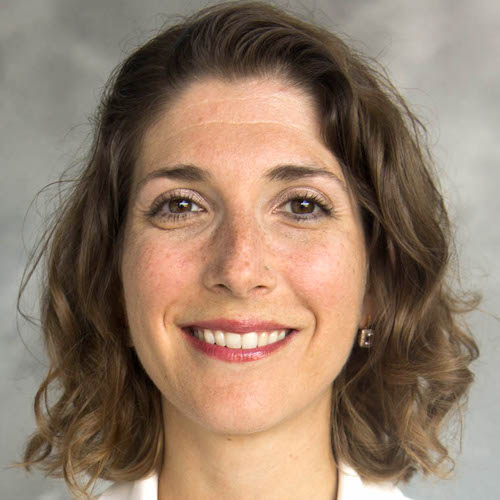
Dr. Rebecca Aldrich is an internationally recognized scholar whose theoretical, methodological and empirical works have advanced knowledge about the situated nature of occupation. Dr. Aldrich earned bachelor’s and master’s degrees in occupational therapy at the University of Southern California, and a PhD degree in occupational science at the University of North Carolina at Chapel Hill. She has served on the executive boards of the Society for the Study of Occupation: USA and the International Society for Occupational Science, and held guest and associate editor roles for the Journal of Occupational Science and OTJR: Occupation, Participation, and Health. As director of the Human Occupation, Precarity, and Employment (HOPE) Lab, Dr. Aldrich aims to cultivate critical curiosity regarding conditions that limit occupational engagement, such as unemployment. With students, colleagues, and research consultants, Dr. Aldrich works toward dual goals of knowledge generation and mobilization by embracing complexity, questioning taken-for-granted assumptions, leveraging partnerships, and seeking inclusion, equity, and justice.
⋯
Amber Angell PhD, OTR/L
Assistant Professor, joint appointment with the USC Keck School of Medicine, Department of Pediatrics

Dr. Amber Angell’s research focuses on understudied and underserved groups of individuals on the autism spectrum, including Latinx children, girls and women, and adults. The overall purpose of her Disparity Reduction and Equity in Autism Services (DREAmS) Lab is to reduce disparities in autism diagnosis and services among underserved groups. She recently completed the Rehabilitation Research Career Development K12 Scholar Program funded by the NIH/NICHD. Her work as PI has been supported by the Health Resources & Services Administration, the American Occupational Therapy Foundation, and the Society for the Study of Occupation: USA. Dr. Angell earned a bachelor’s degree in health studies and master’s degree in occupational therapy from Texas Woman’s University, and was an occupational therapy clinician for several years before earning her PhD degree in occupational science from the University of Southern California. She completed a postdoctoral fellowship in the Department of Occupational Therapy at the University of Illinois at Chicago.
⋯
Lisa Aziz-Zadeh PhD
Professor, joint appointment with USC Dornsife College of Letters, Arts and Sciences, Department of Psychology
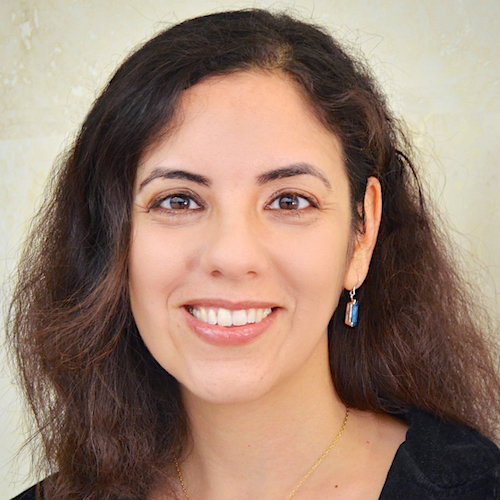
Dr. Lisa Aziz-Zadeh trained at the University of California, Los Angeles, where she received her bachelor’s degree in psychology with a minor in neuroscience, and her PhD degree in psychology with an emphasis in cognitive neuroscience. She completed postdoctoral work with Dr. Giacomo Rizzolatti’s laboratory at the University of Parma (Italy), Dr. Richard Ivry’s laboratory at the University of California, Berkeley, and was a fellow at the UCLA Tennenbaum Family Creativity Initiative. She has published numerous papers and book chapters on the mirror neuron system, embodied cognition, and language. In 2008-2009, she was an invited fellow at the Institute for Advanced Study at Berlin. As director of the Center for the Neuroscience of Embodied Cognition (CeNEC) Lab, Dr. Aziz-Zadeh studies embodied representations, creativity and language from a cognitive neuroscience perspective, using techniques including structural and functional Magnetic Resonance Imaging (fMRI), Transcranial Magnetic Stimulation (TMS), gene sequencing and gut microbiota composition analysis.
⋯
Sharon Cermak EdD, OTR/L, FAOTA
Professor, joint appointment with the Keck School of Medicine of USC, Department of Pediatrics
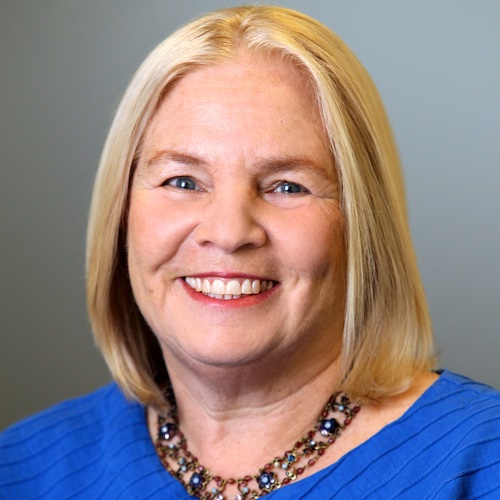
Dr. Sharon Cermak received her bachelor’s degree in occupational therapy from The Ohio State University, her master’s degree in occupational therapy from Boston University, and her doctoral degree in special education from Boston University. Dr. Cermak’s current research focuses on health promotion in children with disabilities, which is a critical area of national health concern for children. Dr. Cermak is renowned for her expertise in autism spectrum disorders and sensory processing. She has conducted extensive research in dyspraxia/developmental coordination disorder, including physical activity, participation and obesity, and early identification. She co-edited a leading text, Developmental Coordination Disorders. Her research expertise also includes the sensory processing and developmental effects of deprivation in institutionalized and post-institutionalized children. Dr. Cermak has more than 170 publications.
⋯
Alison M. Cogan PhD, OTR/L
Assistant Professor
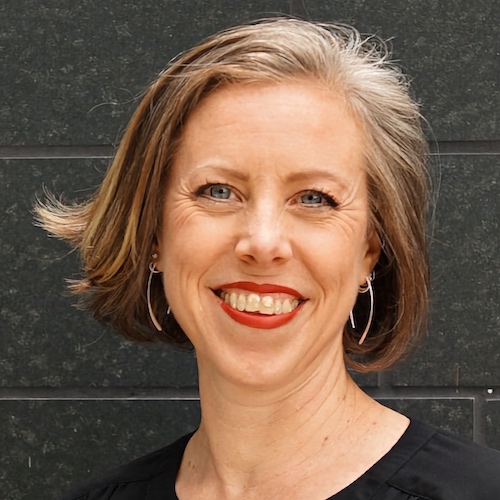
Dr. Alison Cogan is the director of the Rehabilitation and Functional Recovery Studies in Health Services (ReFReSH) lab. She completed her master’s in occupational therapy and PhD in occupational science at the University of Southern California, and a postdoctoral fellowship at the Washington DC Veterans Affairs Medical Center. Prior to pursuing a career in occupational therapy, Dr. Cogan earned a bachelor’s degree in political science and master’s in exercise physiology at Temple University in her hometown of Philadelphia, and worked in other industries. Dr. Cogan has more than 35 peer-reviewed publications, and has presented her work at national and international conferences. She has held several leadership roles in the American Congress of Rehabilitation Medicine (ACRM) and has been recognized by both the American Journal of Occupational Therapy and the Archives of Physical Medicine and Rehabilitation for excellence as a peer reviewer. The focus of Dr. Cogan’s Rehabilitation and Functional Recovery Studies in Health Services (ReFReSH) Lab is to improve the quality of rehabilitation services by identifying what combinations of services work best for whom, to enable optimal functional performance and community participation for adults with acquired brain injury, including military service members and veterans. As a health services researcher, her work emphasizes understanding service delivery systems and the occupations of providing and receiving rehabilitation therapy services.
⋯
Leah Stein Duker PhD, OTR/L
Assistant Professor
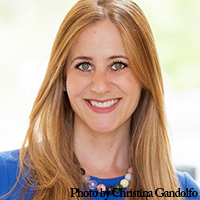
Dr. Leah Stein Duker, director of the Tailored Environmental Modifications (TEM) Lab, completed her undergraduate education at Emory University where she earned her bachelor’s degree in neuroscience and behavioral biology. She received her master’s degree in occupational therapy from the USC Chan Division of Occupational Science and Occupational Therapy with an emphasis on pediatrics, including school-based practice and sensory integration interventions. She worked in the field of pediatrics before coming back to USC Chan to complete her PhD in occupational science, followed by a postdoctoral fellowship. She joined USC Chan as Assistant Professor of Research in 2015, focusing on the use of tailored environmental modifications to reduce stress and anxiety in patients, family members, and healthcare providers during challenging healthcare encounters. Her work is currently supported by the NIH (NIDCR and NCMRR) and the American Occupational Therapy Foundation. Dr. Stein Duker’s research interests include: pediatrics, sensory processing, multisensory environments, behavioral and physiological measures of distress (e.g., video-coding, electrodermal activity), autism, and wearable sensors.
⋯
Mary Lawlor ScD, OTR/L, FAOTA
Associate Chair of Research and Professor, joint appointment with the Keck School of Medicine of USC, Department of Pediatrics
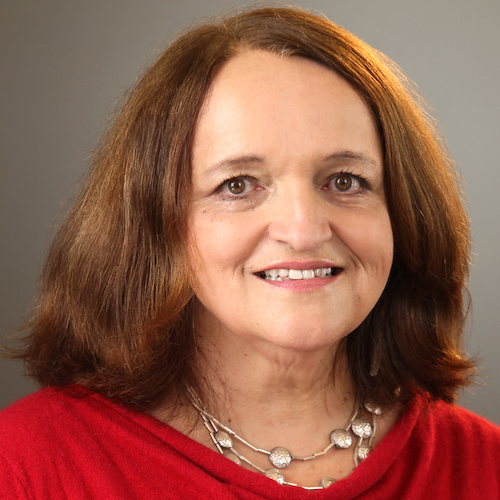
Dr. Mary C. Lawlor’s research program reflects her commitment to effective and compassionate partnerships and interventions among children with developmental and special health care needs, their families, and communities — with particular attention to populations who are chronically underserved. Her research interests include examining the meanings of illness and disability in family and community life; the social nature of therapeutic experiences; sociocultural influences on health care and health equity; developmental processes; narrative structuring of social action; and occupational science perspectives on living and learning in everyday life. She is currently leading a project funded by the Patient-Centered Outcomes Research Institute, and has previously been funded by several agencies and foundations including NICHD at NIH. She is a member of the American Occupational Therapy Foundation (AOTF) Academy of Research, and recently served as Chair of the AOTF Board of Trustees. She graduated magna cum laude from Boston University in occupational therapy, received her master’s degree in education from Harvard University, and earned her ScD in therapeutic studies from Boston University.
⋯
Sook-Lei Liew PhD, OTR/L
Associate Professor and Director of PhD in Occupational Science, joint appointments with the USC Division of Biokinesiology and Physical Therapy; Viterbi School of Engineering, Biomedical Engineering; and Keck School of Medicine of USC, Neurology

Dr. Sook-Lei Liew is the director of the Neural Plasticity and Neurorehabilitation (NPNL) Lab. She has joint appointments at the Division of Biokinesiology and Physical Therapy, Biomedical Engineering, Neuroscience, and Neurology and is a member of the USC Stevens Neuroimaging and Informatics Institute. She earned her bachelor’s degree from Rice University, and master’s and PhD degrees from USC. She completed a postdoctoral fellowship at the National Institutes of Health (NIH) and has been a visiting scholar at Peking University, the University of Tübingen and Johns Hopkins University. The goal of Dr. Liew’s research is to understand mechanisms of neural plasticity in healthy individuals and individuals after neurological injury in order to help them learn and recover. Her laboratory uses big data approaches to brain imaging and behavior to understand how people recover after stroke, as well as neuromodulatory techniques and technologies such as noninvasive brain stimulation, brain computer interfaces and virtual reality to promote learning and enhance plasticity and rehabilitation after brain injury. Her work has been funded by the NIH, National Science Foundation, US Army and American Heart Association, among others, and featured at SXSW and in press outlets such as Forbes, CNET, and PC Magazine.
⋯
Bobbi Pineda PhD, OTR/L, CNT
Associate Professor
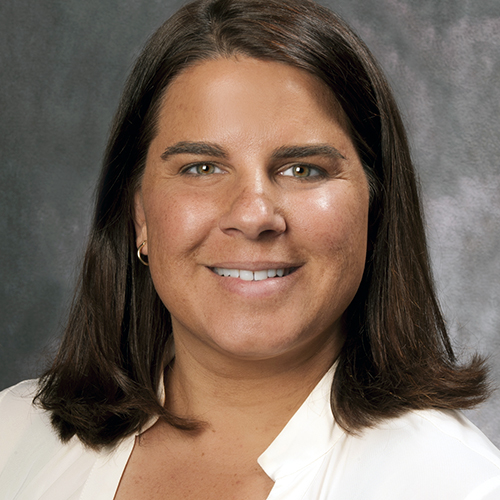
Dr. Bobbi Pineda served in pediatric clinical roles at Tampa General Rehabilitation, All Children’s Hospital, Duke University Medical Center and University of Florida Shands Hospital from 1992 through 2006, where she gained expertise with outpatient and inpatient pediatric therapy, including services to fragile infants in the neonatal intensive care unit. The premature birth of her first child, in addition to her ongoing interest in learning, led her to pursue her doctorate to conduct research with premature infants. After earning her PhD degree in rehabilitation science, she worked at Washington University in St. Louis for 12 years exploring factors that can improve the lives of infants born prematurely. Dr. Pineda is the director of the NICU Therapy Lab, is an expert in early neurobehavioral and feeding assessment, and is a trainer for the NICU Network Neurobehavioral Scale and Neonatal Eating Outcome Assessment, which she developed. She is co-chair for the Neonatal Therapy Certification program, which aims to recognize and advance interprofessional neonatal therapy practice through evidence-based certification standards, including validation of clinical experience and knowledge essential for effective delivery of neonatal therapy. Dr. Pineda also was part of the team which developed the Supporting and Enhancing NICU Sensory Experiences (SENSE) program, which is being implemented in hospitals throughout the US and abroad. With personal experience as a mother of a high-risk infant in the NICU, Dr. Pineda is constantly striving to better understand and improve developmental outcomes for infants who start their lives in the NICU and their families.
⋯
Beth Pyatak PhD, OTR/L, CDCES, DipACLM, LRC, FAOTA
Associate Professor and Director of the Lifestyle Redesign® Knowledge Mobilization Initiative

Dr. Beth Pyatak, director of the Lifestyle Redesign® for Chronic Conditions (LRCC) Lab, is an occupational scientist, occupational therapist and certified diabetes care and education specialist. Her research encompasses two main themes: first, to understand the lived experiences and healthcare needs of underserved populations with chronic conditions, particularly diabetes, who experience health disparities (including transition-age youth, socioeconomically disadvantaged populations, and racial/ethnic minority groups); second, to develop and evaluate innovative interventions that apply principles of occupational science and occupational therapy to the challenges of living with chronic conditions. Several of her studies have focused on developing and evaluating Lifestyle Redesign® interventions to promote well-being and quality of life among individuals with diabetes, and the dissemination and implementation of these interventions in real-world settings.
⋯
Shawn Roll PhD, OTR/L, RMSKS, FAOTA, FAIUM
Professor and Director of Research Training and Development
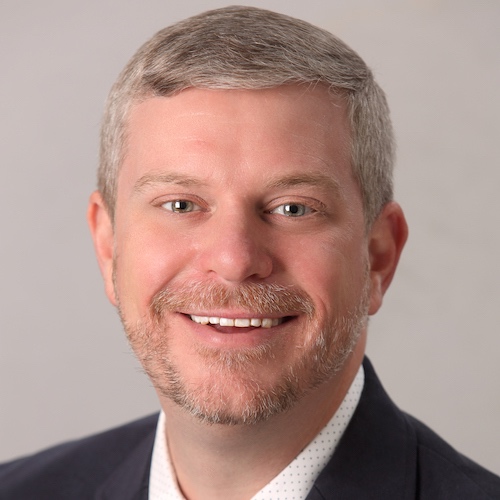
Dr. Shawn Roll is the director of the Musculoskeletal Sonography and Occupational Performance (MSOP) Lab. He is an occupational therapist and a registered musculoskeletal sonographer (RMSKS). He has clinical experience in work programs and musculoskeletal disorders, and his research is focused on understanding the complex intersections among the physical, social, and organizational work contexts with worker safety, health, well-being, and occupational performance. Dr. Roll has led multiple federally funded studies (i.e., CDC, NSF) to examine factors associated with work-related musculoskeletal conditions, psychological stress and burnout, and other aspects of total worker health. His most recent transdisciplinary research efforts with collaborators in engineering, computer science, and psychology are centered on supporting workers in an era of rapid advances in human-centered workplace technologies (e.g., artificial intelligence, smart sensors, wearables) known as Industry 4.0 and 5.0.
⋯
Stacey Schepens Niemiec PhD, OTR/L, DipACLM, LRC
Associate Professor of Research
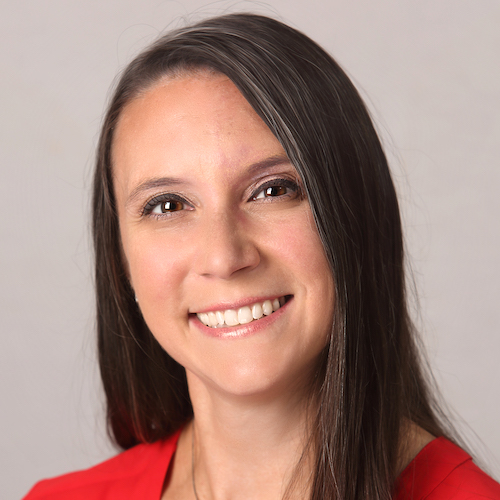
Dr. Stacey Schepens Niemiec completed her undergraduate and graduate education at Wayne State University, where she earned a bachelor’s degree in occupational therapy, a master’s degree in occupational therapy with a focus on assistive technology, and a PhD in instructional technology with a focus on interactive technology. While pursuing her PhD, she completed a pre-doctoral fellowship in aging and urban health, mentored by Allon Goldberg, PhD, PT and Cathy Lysack, PhD OT(C). She later completed a postdoctoral fellowship in physical medicine and rehabilitation at the University of Michigan, under the guidance of Susan Murphy, ScD, OTR/L, FAOTA. She transitioned to the University of Southern California for a second post-doctoral fellowship in clinical trials methodology, mentored by Florence Clark, PhD, FAOTA. She joined the USC Chan faculty in 2013, and is director of the Healthy Aging Research & Technology Lab, studying interventions that foster older adults’ meaningful activity engagement and application of technology to support healthy lifestyles in later life. Dr. Schepens Niemiec’s research has been recognized by the American Occupational Therapy Association and has been supported through multiple federally funded grants sponsored by the NIH National Institute on Aging.
⋯
Alix G. Sleight PhD, OTD, MPH, OTR/L
Assistant Professor of Occupational Science and Occupational Therapy
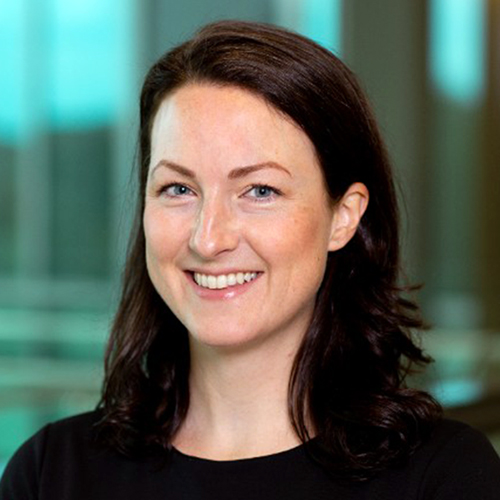
Dr. Alix Sleight is an occupational therapist and behavioral scientist. She directs the Cancer Survivorship, Health, and Life Transitions (C-SHIFT) Lab, which focuses on health and quality of life outcomes during cancer survivorship. Dr. Sleight is particularly interested in the ways in which cancer survivors experience everyday activities, health behavior change, post-traumatic growth, self-actualization, and self-transcendence. Prior to joining USC Chan, Dr. Sleight was a faculty member and clinician at Cedars-Sinai Medical Center, where she founded and directed the RISE (Reinvent, Integrate, Strengthen, Expand) program, an occupational therapy-based health self-management intervention to improve health behaviors and quality of life in people with a history of cancer. Dr. Sleight earned a bachelor’s degree (BA) in English from Wesleyan University, as well as a master’s degree (MA) and clinical doctorate (OTD) in occupational therapy from USC, where she specialized in Lifestyle Redesign® for cancer survivors. She also earned a PhD in occupational science and a master’s in public health (MPH) from USC. Dr. Sleight completed a postdoctoral fellowship at the National Cancer Institute (NCI) within the National Institutes of Health (NIH) in Rockville, MD, where she worked with nationally representative data from the Surveillance, Epidemiology, and End Results-Medicare Health Outcomes Survey (SEER-MHOS) to explore the impact of spiritual peace and life meaning on health in cancer survivors. Her research has been funded by the NIH / National Center for Medical Rehabilitation Research (NCMRR), the American Occupational Therapy Foundation (AOTF), and the California Foundation of Occupational Therapy (CFOT).
As Director of the C-SHIFT Lab, Dr. Sleight conducts clinical trials as well as cross-sectional and qualitative studies in cancer survivorship. Her research interests include personalized health self-management interventions for chronic conditions, health-related quality of life, spiritual well-being, health behavior change, and the therapeutic use of self-generated ceremony during major life transitions. Dr. Sleight is also a NEDA-certified end-of-life doula and is interested in the death positivity movement and the contribution of occupational science and occupational therapy to the enrichment of end-of-life care.





